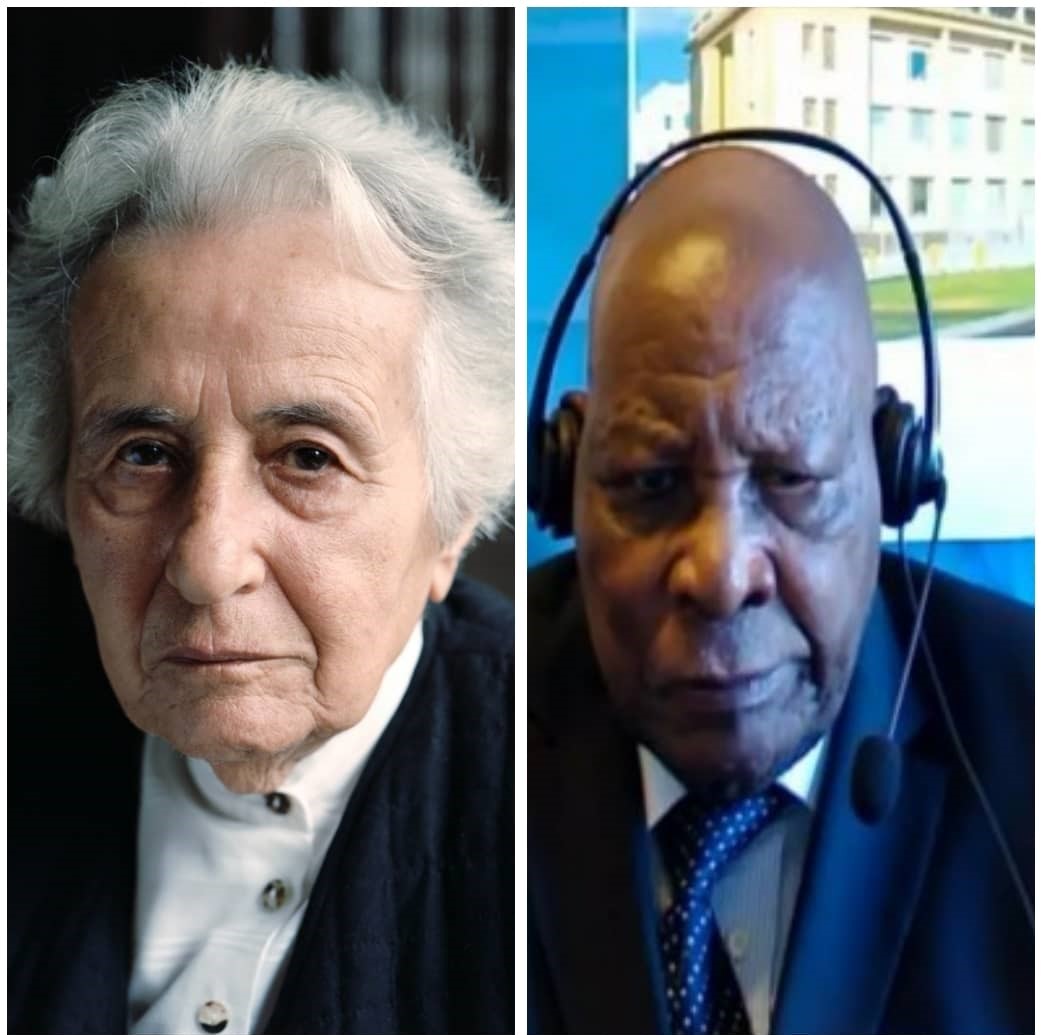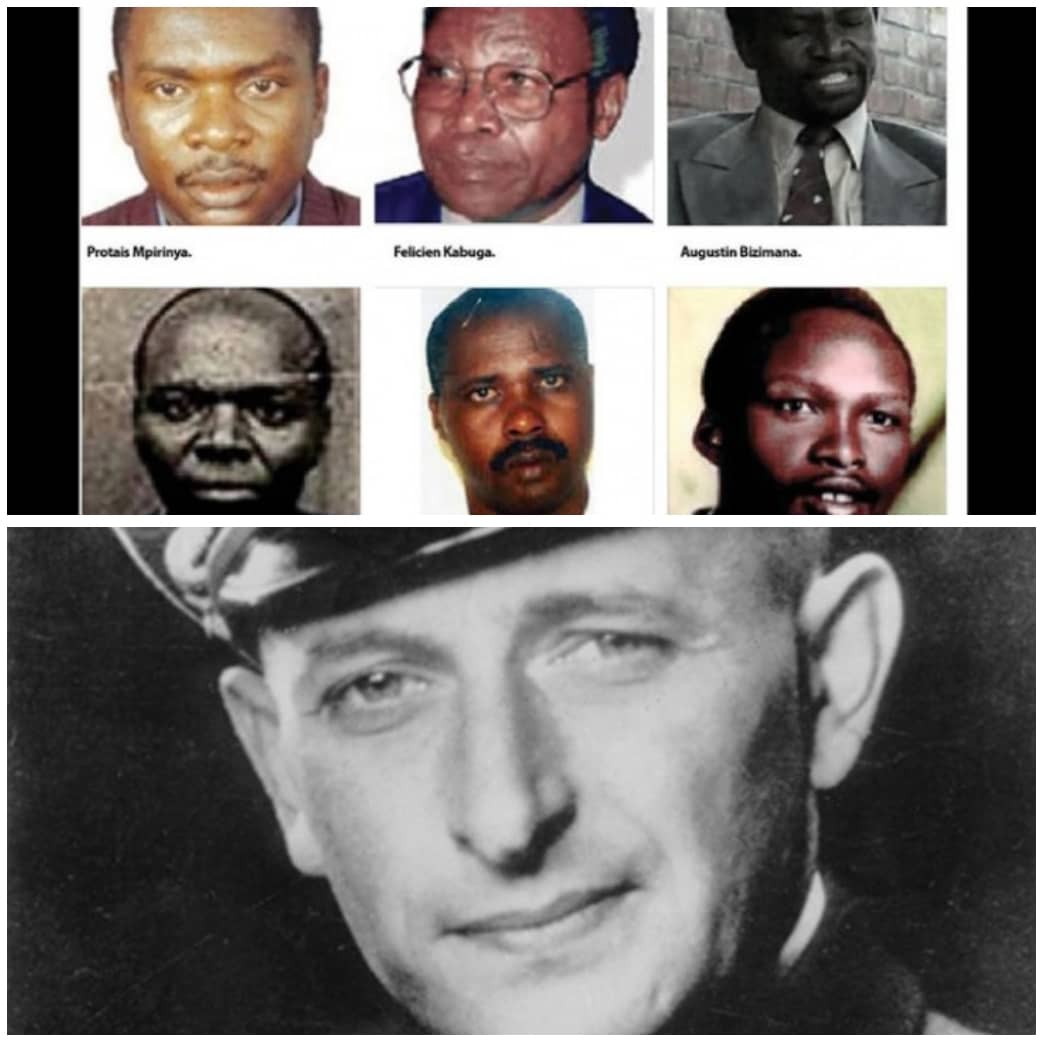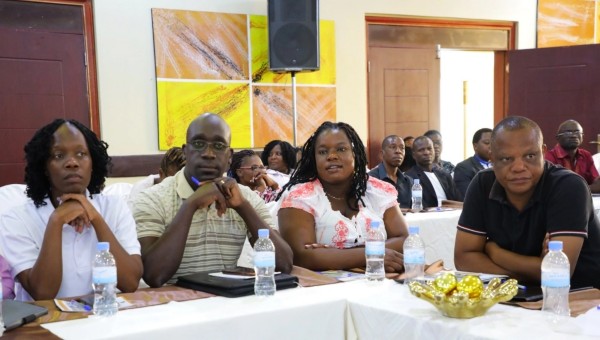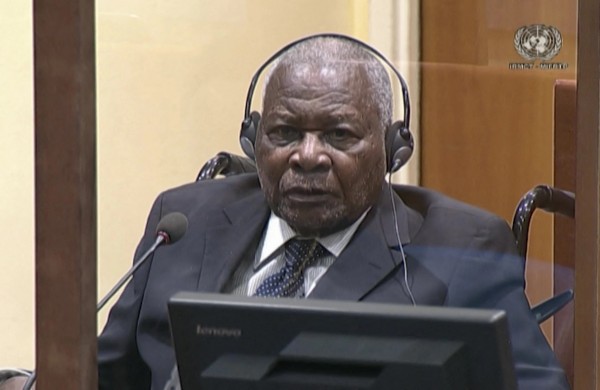International
Kabuga and Furchner: None too old to face justice

Irmgard
Furchner, 97, a former secretary who worked for the commander of a Nazi
concentration camp was convicted on Tuesday, December 20, of complicity in the
murders of more than 10,500 people.
Between
1943 and 1945, then-18-year-old, Furchner, worked as a typist at Stutthof
Concentration Camp, in east Germany. Although she was a civilian worker, the
judge agreed she was fully aware of what was going on at the camp. Some 65,000
people are thought to have died in horrendous conditions at the camp, including
Jewish prisoners, non-Jewish Poles and captured Soviet soldiers.
A
statement from the district court in the northern town of Itzehoe in Germany
said the prisoners were "cruelly killed by gassings, by hostile conditions
in the camp, by transports to the Auschwitz-Birkenau extermination camp and by
being sent on so-called death marches."
Furchner
was found guilty of aiding and abetting the murders and complicity in the
attempted murder of five others. As she was only 18 or 19 at the time, she was
tried in a special juvenile court, and was given a two-year suspended jail term,
making her the first woman to be tried for Nazi crimes in decades.
Kabuga
Today,
the trial of 89-year old Félicien Kabuga is ongoing at the UN’s International
Residual Mechanism for Criminal Tribunals (IRMCT), in The Netherlands, where he
is being held accountable for his crimes in the 1994 Genocide against the Tutsi
in Rwanda.
Arrested
in France, in May 2020, before the court, Kabuga was charged with seven counts,
including five related to genocide; genocide, complicity in genocide, direct
and public incitement to commit genocide; attempt to commit genocide and
conspiracy to commit genocide. Other charges are persecution and extermination
– both as crimes against humanity, all committed between April 6 and July 17,
1994.
Known
as the ‘Genocide financier’, the businessman financed large purchases of crude
weapons including more than half a million of dollars’ worth of machetes used
by killers to kill more than a million Tutsi during the Genocide in 1994.
Kabuga
was a major shareholder of the hate radio station, RTLM, that called upon the
population to massacre the Tutsi. It gave them detailed information on the
people to be massacred and where to find them.
Kabuga’s
atrocities are no different from Furchner’s, if not worse.
In
the ongoing trial, Kabuga’s crimes are slowly coming to light. Before the UN
court, numerous witnesses have pinned him on his role in the atrocities
committed in the Genocide against the Tutsi.
However,
while the trial comes as a relief to many, to Kabuga and his family, the wish
is for the judicial process to be delayed as long as possible. On several
occasions, Kabuga claimed that he is not fit to stand trial, because of illness
and old age. But all his appeals were rejected with medical assessments proving
otherwise.
The
conviction of genocide criminals is a gratification to Genocide survivors,
families of the victims, and it shows that justice can be served. Close to
eight decades, since the Holocaust, Furchner will pay for her atrocities.
This
sets the example that almost three decades after the 1994 Genocide against the
Tutsi, and two years after his arrest, Kabuga will no longer outrun his fate
either, and will also face justice.




.jpg-20221114095304000000.jpg)


